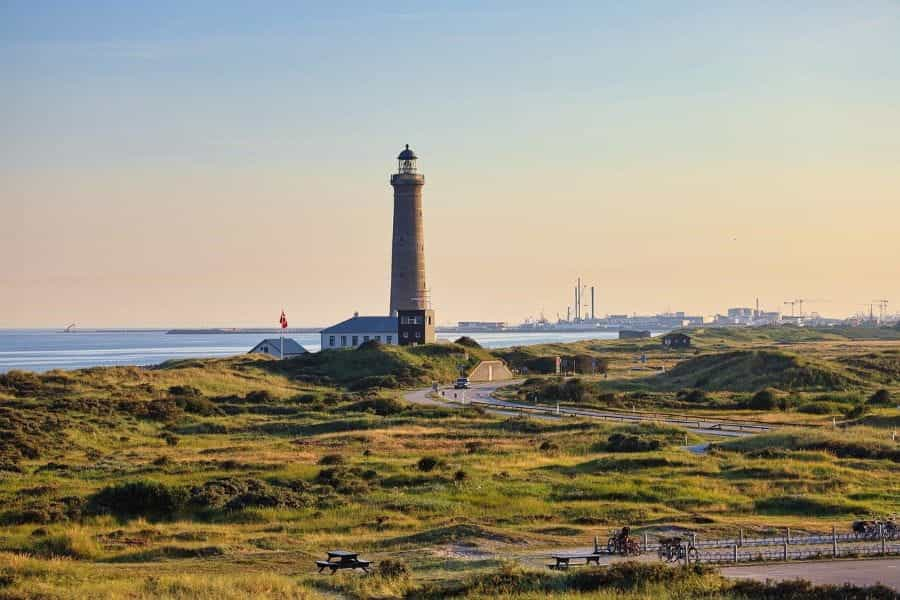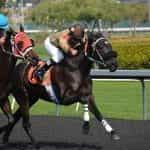Danske Spil Adopts New Betting Solutions
Danish betting operator Danske Spil has successfully integrated Sportech’s Quantum betting solution into its gaming terminals network, now allowing it to process pari-mutuel bets on horseracing via a greater number of retail points of sale.

In the midst of a challenging year for the Danish gambling market, operator Danske Spil has integrated new betting solutions into its retail point of sale offerings. ©Jonny_Joka/Pixabay
Integration Will Extend Network Offered to Players
In close collaboration with Sportech’s Racing and Digital division, as well as Scientific Games, Danske Spil’s integration of the technology provider’s betting solutions into their terminals will expand their retail network to an additional 600 retail outlets across Denmark. The Danish operator expects this expanded service to be widely available to players starting from 2021.
As a result of the implementation, Danske Spil chief executive Niels Erik Folmann predicts more new content becoming readily available to players, as well as more support for the horseracing industry in Denmark being generated overall.
The integration of Sportech’s Quantum betting solutions into Danske Spil’s terminals via Scientific Games ushers in brand new opportunities to widen pari-mutuel horseracing betting pools through the Danish operator’s terminal network, according to Sportech’s senior vice president sales and business development EMEA, Bruno Gay.
Expansion Comes Amidst Drop in Danish Gambling Revenue
The integration arrives on the heels of a challenging year for the Danish gambling market. At the end of August, Danish gambling regulator Spillemyndigheden released their financial report for the first half of 2020. Unsurprisingly, the outbreak of the coronavirus (Covid-19) pandemic meant that the revenue generated in the Danish gambling market dropped down to DKK2.7 billion.
A breakdown of the report reveals that the largest revenue drops originated in the brick-and-mortar casinos operated by Danske Spil. Alongside fixed-odds machines also operated by Danske Spil, these casinos underperformed significantly in the first half of the year due to lockdown and social distancing measures implemented by the Danish government. Revenue generated by casinos during this period dropped precipitously, down to DKK82 million — a decrease of more than 50%.
Alongside fixed-odds machines, casinos were far from the only vertical to experience large dips in revenue as a result of the pandemic. Due to the widespread cancelation and postponement of sports matches, sports betting was naturally also significantly disrupted in the first six months of 2020. Therefore, the uncertainty enveloping this market and the limited betting options on offer resulted in a decline in revenue of DKK1.01 billion for the sports vertical, representing a drop of 19.6% compared to the first half of 2019.
Danske Spil Has Experienced a Difficult 2020 So Far
At the beginning of November, Danske Spil reported a 7% year-on-year decline in gross gaming revenue in its third quarter. The operator’s gross gaming revenue (GGR) for the three months leading through to September 30th equaled DKK3.44bn (£417.4m/€461.5m/$548.4m), which is down from DKK3.69bn in the same period last year.
However, the gross gaming revenue of Danske Spil’s lottery games increased by 2.8%, up to DKK1.92bn. The operator attributes this rise to notably large jackpots being on offer during the period, in turn aiding their Danske Lotteri Spil division.
Nevertheless, other sectors of Danske Spil’s operation were unable to weather the impact of the coronavirus (Covid-19) pandemic, thus resulting in an overall drop in gross gaming revenue.
The gross gaming revenue stemming from the operator’s online betting and gaming division Danske Licens Spil dropped 14% down to DKK1.33bn, while revenue from the Elite Gaming hall arm sank by a whopping 32.5%, down to DKK188.3m. During the third quarter of 2020, Danske Spil paid out DKK359.9m in state tax, along with DKK417.6m in dealer commissions and DKK193.6 in other game-related costs. This resulted in a gross profit of DKK2.47bn, down 0.8% from last year.
While Danske Spil and the overall Danish gambling market have experienced a challenging first half of the year, there are some positive takeaways worth highlighting. Despite significant drops in revenue across almost all sectors and verticals in Denmark, the number of individuals gambling failed to notably increase. Therefore, neither did the rate of problem gambling, which many in Europe (and particularly in neighboring Sweden) feared would become the case as continent-wide mandatory lockdown orders came into force.
Sportech Resists Takeover by Standard General
In related news, the betting technology provider Sportech recently revealed that it has widely rejected the latest of multiple attempts at a takeover by New York-based investment fund Standard General. Several offers were made by the fund, including a 25.0 pence per share offer, followed shortly thereafter by a 28.5 per pence offer.
When the latest offer was made on the 27th of October, Sportech’s shares closed at 18.0 pence per share. However, as the news of the offer broke out, the solutions providers’ shares rose to 22.6 pence per share. Nevertheless, Sportech’s board released a statement asserting that the most recent 28.5 per pence offer by Standard General “fundamentally undervalues [its] businesses and prospects”.
With their attempts made public on the 5th of November, Standard General must now make a decision by the 3rd of December whether to announce a firm intention to takeover Sportech or not. Despite the technology provider refusing to enter discussions on a deal based on all prior offers, Standard General revealed that it still hoped to engage Sportech’s board in fruitful negotiations.



